
Emergency nurses share their experiences on treating the victims of shootings, the anguish of families and how they cope with what they see and experience.
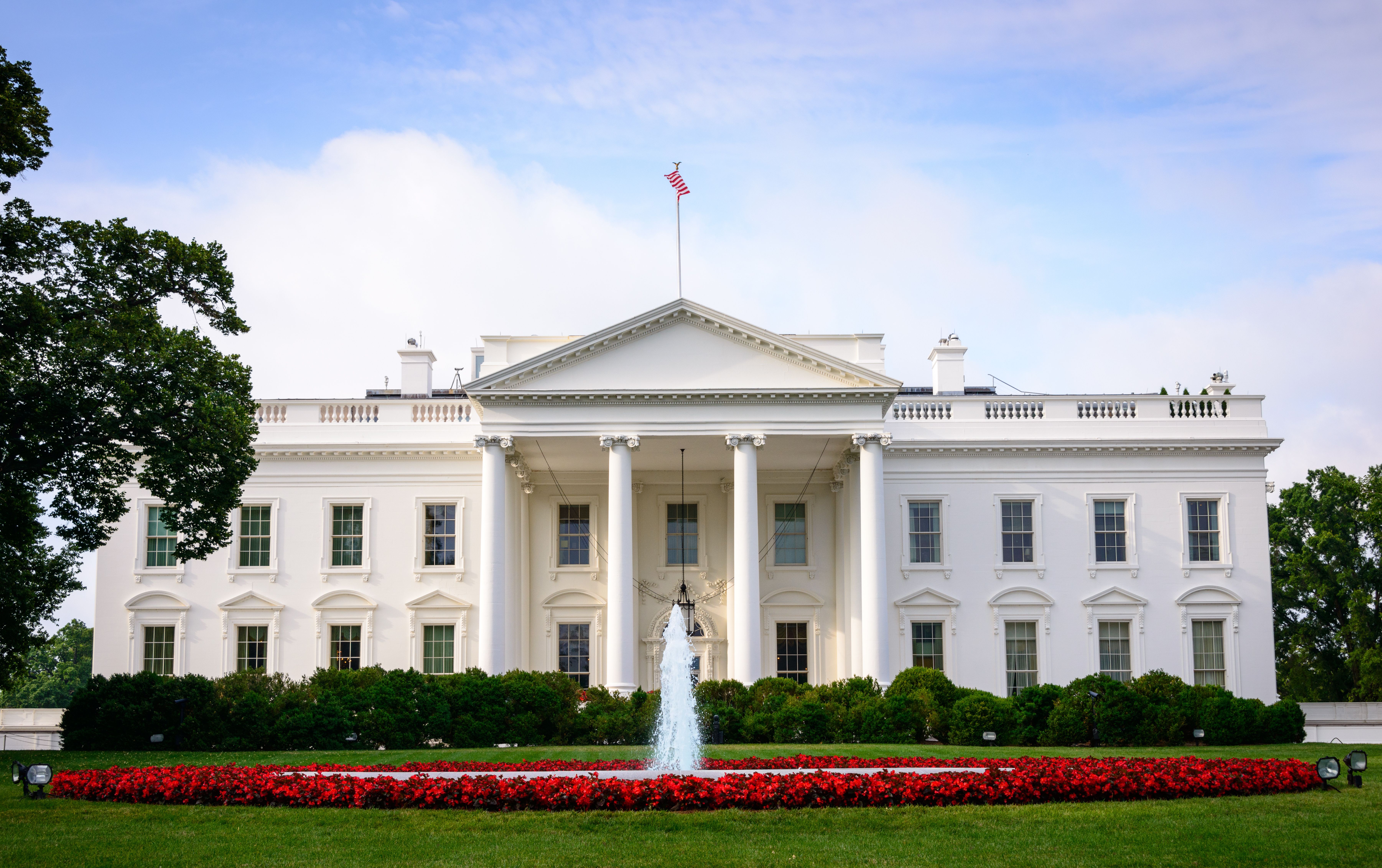

Emergency nurses share their experiences on treating the victims of shootings, the anguish of families and how they cope with what they see and experience.

Lawmakers added measures to extend telehealth and hospital-at-health programs to a bill to avoid a government shutdown. But the spending plan fell apart.

Sen. Elizabeth Warren and other Democrats have written a letter outlining objections and concerns about President-elect Trump’s nominee to lead the Centers for Medicare & Medicaid Services.

Public officials are pushing back against those saying the individual who fatally shot Brian Thompson is worthy of praise or celebration.

Authorities say a person of interest has been arrested in the fatal shooting of Brian Thompson. Police said he had a document showing his mindset.
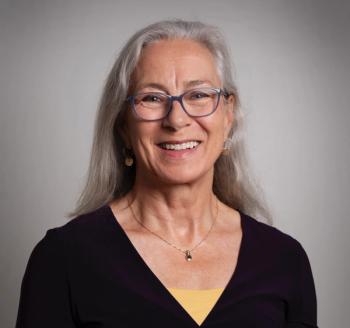
Bea Grause talks about the struggles of New York hospitals and the need for a comprehensive approach to alleviate staff shortages and ensure access to healthcare.
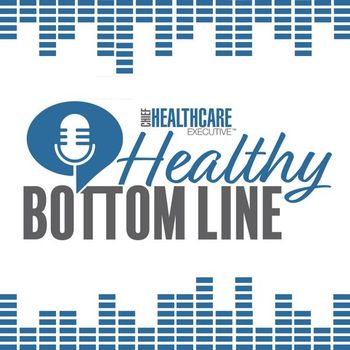
Gary Jessee, who has spent many years working with Medicaid, talks about the implications of new federal regulations in the latest podcast from Chief Healthcare Executive®.
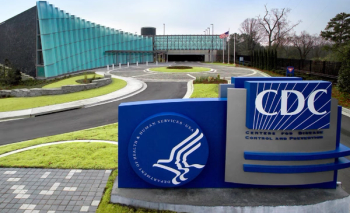
The former congressman is a physician, but his past statements on vaccines have troubled health leaders. He also hasn’t led a large public health agency.

President-elect Trump wants Dr. Jay Bhattacharya, who opposed some COVID-19 measures, to lead the National Institutes of Health. The NIH is the prime source of federal funding for medical research.

The CMS introduced a rule to try to reduce denials in MA plans. Hospitals say they’re encouraged by the proposal.

A survey of the state’s hospitals finds many are still facing significant financial headwinds, including higher labor and supply costs.

Congress needs to pass legislation to streamline the prior authorization process so patient care isn’t delayed. The measure has bipartisan support.

Dave Weldon, a physician and former congressman, is tapped for the Centers for Disease Control. The president-elect chose Dr. Marty Makary to run the Food & Drug Administration.
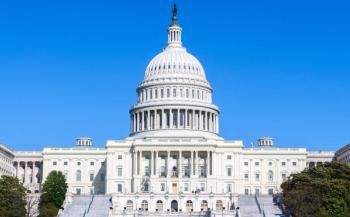
Federal waivers for telehealth programs, including hospital-at-home programs, are slated to expire Dec. 31. Fitch says failing to extend home hospital programs would be a financial blow to nonprofit hospitals.

PatientRightsAdvocate.org says it analyzed 2,000 hospitals and found only about 1 in 5 were fully compliant. Some health systems fared better than others.
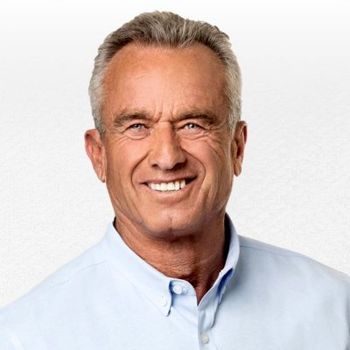
Critics worry he’ll undermine public confidence in vaccines. They also say he lacks the qualifications to lead an agency directing health policies that affect all Americans.

Nurses are pressing the state’s lawmakers to approve a measure to establish staffing levels and also provide $20 million to help train more nurses.
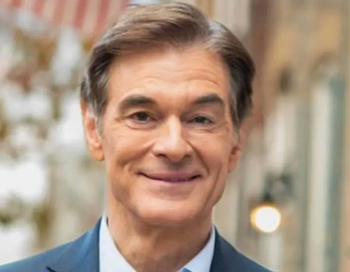
The famed heart surgeon, television host and former Senate candidate would oversee the huge agency. Trump said he’d be a good partner to Robert F. Kennedy Jr., the HHS nominee.

The federal government said it will allow remote prescriptions of controlled substances to continue. Health advocacy groups urged federal officials for an extension.

Health systems are hoping lawmakers address some key issues before the end of the year, when some key programs are slated to expire. For hospitals, billions of dollars are at stake.

Donald Trump wants Kennedy, the outspoken skeptic of vaccines, to lead the U.S. Department of Health & Human Services. Critics say he’s unqualified for the post and could damage public health programs.

Dr. Myechia Minter-Jordan, the new leader of the AARP, talks with Chief Healthcare Executive about her goals and why it's such a pivotal moment for the organization.

The American Medical Association says hospitals should face penalties for falling short.. Hospitals have rejected accusations that they aren’t providing enough charity care.

Some worry about the prospect of cuts to Medicaid or work restrictions. Medicaid offers coverage to millions with lower incomes, and Medicaid cuts could hurt hospitals.

The American Telemedicine Association said Donald Trump has backed virtual care. Health groups are also pressing President Biden and Congress to approve extensions before the year’s end.